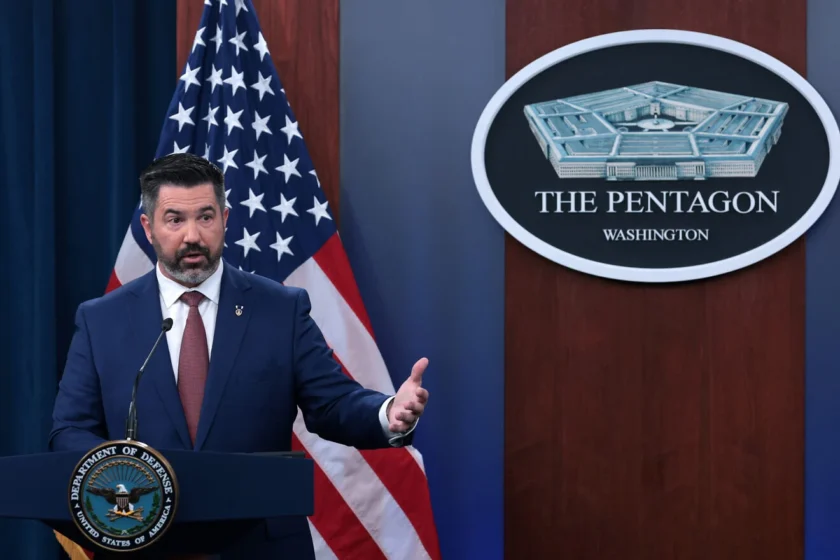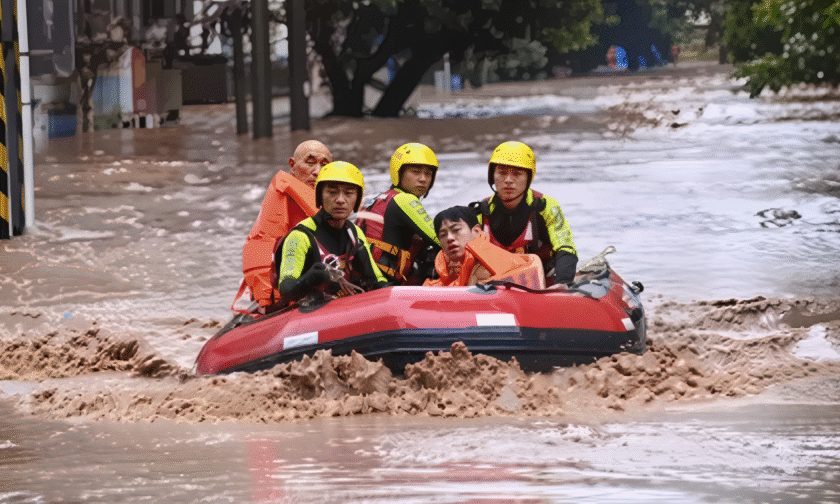Colombo: Sri Lankan President Anura Kumara Dissanayake unveiled the “Clean Sri Lanka” national program at the Presidential Secretariat in Colombo. This ambitious initiative aims to create a sustainable and ethical society while addressing environmental challenges and societal issues.
The program launch follows Dissanayake’s visit to India last month and coincides with the start of 2025, marking a commitment to usher in a “new political culture” for the island nation.
Goals of the “Clean Sri Lanka” Initiative
In his address, President Dissanayake outlined the initiative’s broad objectives:
- Environmental Restoration: “Restoring our environmental system is a top priority,” said Dissanayake. The program aims to rejuvenate Sri Lanka’s unique and fragile ecosystem.
- Societal Renewal: The initiative seeks to instill a new set of values to replace outdated beliefs that have hindered societal progress.
- Economic Inclusivity: Economic reforms under the program will prioritize extending benefits to rural populations to ensure stability and reduce inequality.
- Digital Transformation: The program also emphasizes digitization to eliminate inefficiency and corruption and improve interactions between citizens and state systems.
Public Participation as a Cornerstone
President Dissanayake stressed that the program’s success hinges on active public engagement. The launch event saw participation from a diverse array of stakeholders, including religious leaders, ambassadors, ministers, athletes, and representatives from various sectors.
“Our nation faces severe challenges despite its strategic importance and ecological richness. The ‘Clean Sri Lanka’ initiative is a holistic approach to rebuild the social and environmental fabric of our motherland,” he said.

Aligning Developmental Objectives
The “Clean Sri Lanka” initiative is part of a broader strategy to:
- Build a digital economy.
- Tackle rural poverty.
- Revitalize society on environmental, ethical, and social levels.
Dissanayake emphasized the importance of economic reforms to address inequities and empower rural communities. “An economy controlled by a limited number of people destabilizes a society. Economic stability requires equitable distribution,” he said.
Digital Transformation as a Catalyst
The president also highlighted the need to embrace digitalization as a means of reforming public administration. “Digital transformation will reduce inefficiencies and foster transparency, allowing citizens to interact seamlessly with state mechanisms,” he stated.
A Call to Action
Dissanayake concluded by calling on Sri Lankans to take collective responsibility for the nation’s progress. “This initiative is not just about environmental cleanup. It is about revitalizing every sector of our society and laying the foundation for a brighter future,” he declared.





